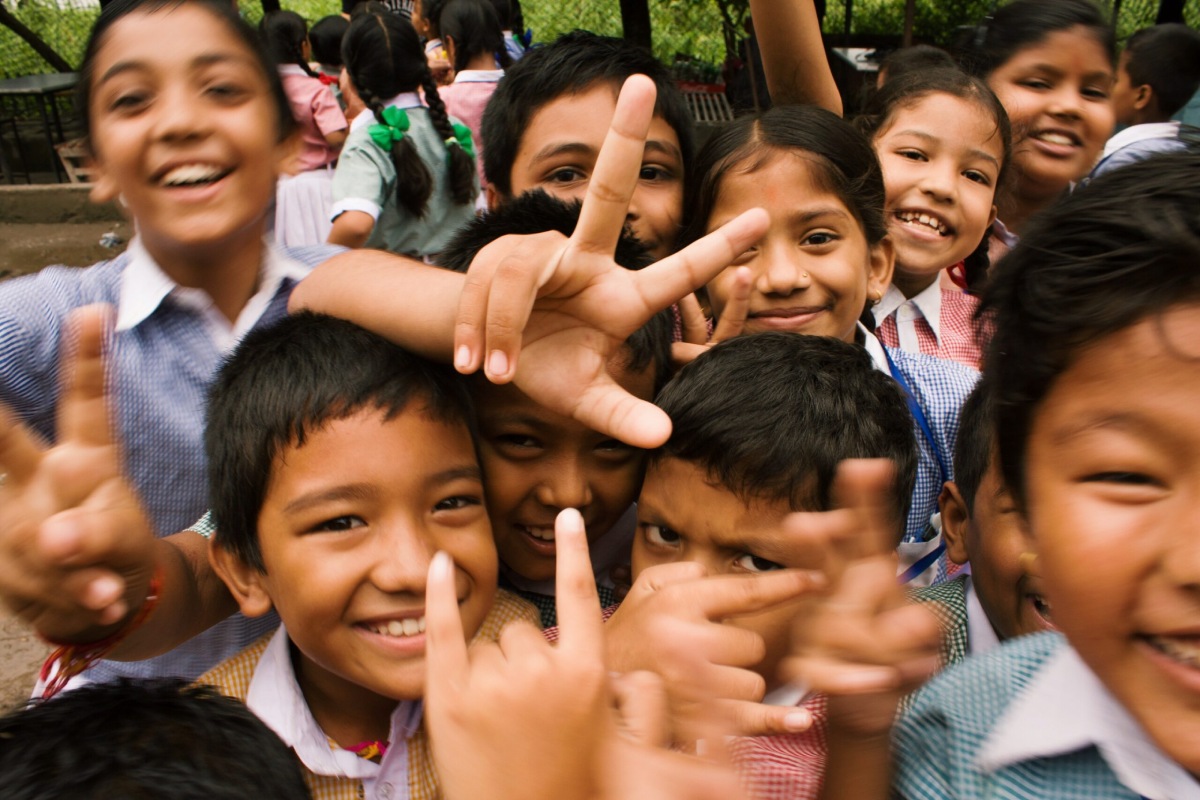PEERS, which stands for Program for the Education and Enrichment of Relational Skills, is a social skills intervention program developed for adolescents and young adults with autism spectrum disorder (ASD) and other social challenges. The program is designed to help individuals learn and apply social skills in various social situations, improving their social interactions and relationships. PEERS was created by Dr. Elizabeth Laugeson at the University of California, Los Angeles (UCLA).
Key components and features of the PEERS Social Skills Program include:
- Evidence-Based Approach: PEERS is based on research in the field of social skills training and has been found to be effective in improving social functioning and reducing social challenges in individuals with ASD.
- Structured Curriculum: The program follows a structured curriculum that covers a wide range of social skills, including conversation skills, making and keeping friends, handling teasing and bullying, using social media, and more. The curriculum is typically delivered in a group format.
- Parent Involvement: A unique aspect of PEERS is the involvement of parents or caregivers in the program. Parents attend separate concurrent sessions where they learn the same social skills their child is learning in the group sessions. This allows for consistency and support in practicing the skills at home.
- Social Coaching: Participants receive guidance and coaching on specific social skills and behaviors. They learn through role-play, modeling, and feedback from both group leaders and peers.
- Problem-Solving: PEERS teaches problem-solving strategies for social challenges, helping individuals navigate real-life situations effectively.
- Emphasis on Social Learning: The program emphasizes the importance of observing and learning from neurotypical peers and understanding the unwritten social rules that govern social interactions.
- Skill Practice: Participants have opportunities to practice the skills learned in the program through structured socialization activities, including group outings and interactions with peers outside of the program.
- Graduated Exposure: PEERS uses a graduated exposure approach to gradually expose participants to increasingly complex social situations, helping them build confidence and competence.
- Weekly Homework Assignments: Participants and their parents receive weekly homework assignments to practice and reinforce the skills learned during the sessions.
- Duration: PEERS typically consists of 14-week sessions, with each session lasting approximately 90 minutes. The program is divided into separate age groups to address the specific developmental and social needs of participants.
- Individualized Goals: The program allows for individualized goals, addressing the unique social challenges and strengths of each participant.
- Outcome Evaluation: PEERS includes pre- and post-assessments to measure improvements in social skills and functioning. This data helps track progress and refine the intervention.
PEERS has gained recognition as an effective intervention for adolescents and young adults with ASD and other social difficulties. By focusing on concrete social skills, teaching social nuances, and involving parents, PEERS aims to enhance social competence, reduce social anxiety, and improve the overall quality of life for participants. It equips individuals with practical skills to navigate the social complexities of adolescence and adulthood successfully.

